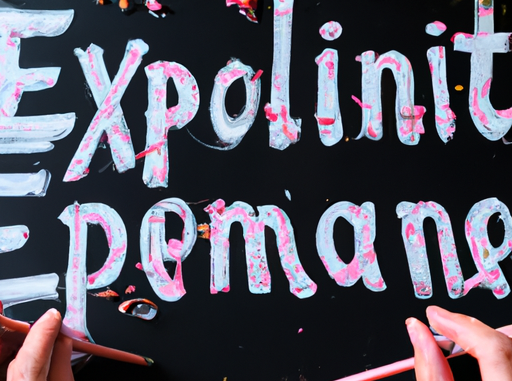
Experiential learning, a term popularized by educational theorist David Kolb, is a process through which learners develop knowledge, skills, and values from direct experiences. This pedagogical approach is rooted in the idea that humans learn best through active engagement and reflection on their experiences. Unlike traditional learning methods that often rely on rote memorization and passive absorption of information, experiential learning emphasizes a cycle of action and reflection that deepens understanding and retention. It is a holistic approach that considers the cognitive, emotional, and physical aspects of learning, engaging learners in a more integrated and impactful way.
The experiential learning cycle, as proposed by Kolb, consists of four stages: concrete experience, reflective observation, abstract conceptualization, and active experimentation. In the first stage, learners encounter a new experience or reinterpret an existing one. This is followed by reflective observation, where learners consciously reflect on the experience, noting inconsistencies between their understanding and the actual outcome. In the third stage, abstract conceptualization, learners develop new ideas or modify existing concepts based on their reflections. Finally, in the active experimentation stage, learners apply these new ideas to the world around them, testing and refining their hypotheses in real-life situations. This cyclical process allows for continuous learning and adaptation, making it particularly effective in complex, real-world environments.
Experiential learning has been shown to have significant benefits across various educational settings and disciplines. In fields such as medicine, engineering, and business, where practical skills are crucial, experiential learning can bridge the gap between theory and practice, allowing students to gain hands-on experience and develop problem-solving skills. Additionally, this approach fosters critical thinking, creativity, and collaboration, as learners are often required to work in teams and adapt to dynamic situations. By encouraging learners to take risks and learn from their failures, experiential learning also promotes resilience and a growth mindset. As educational institutions seek to prepare students for the complexities of the modern world, experiential learning offers a robust framework for nurturing capable, adaptable, and lifelong learners.
PhDr. Pavel Bartoš, LL.M., DBA (Evropská akademie vzdělávání / European Academy of education)
Leave a Reply